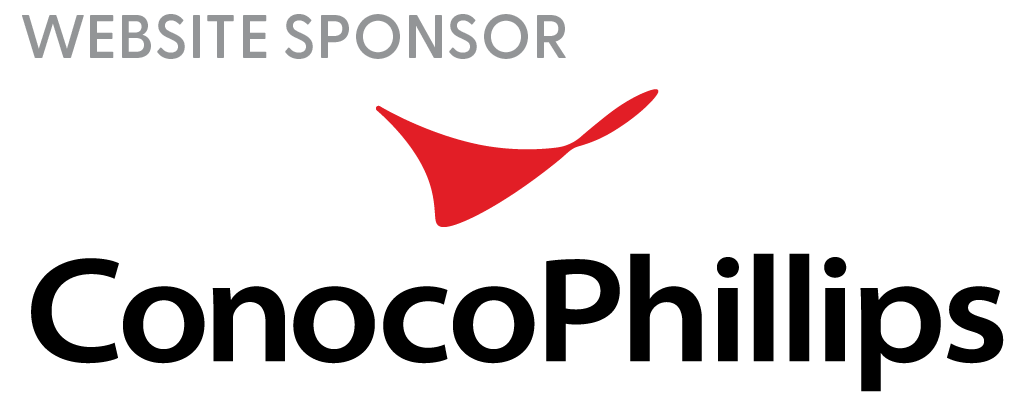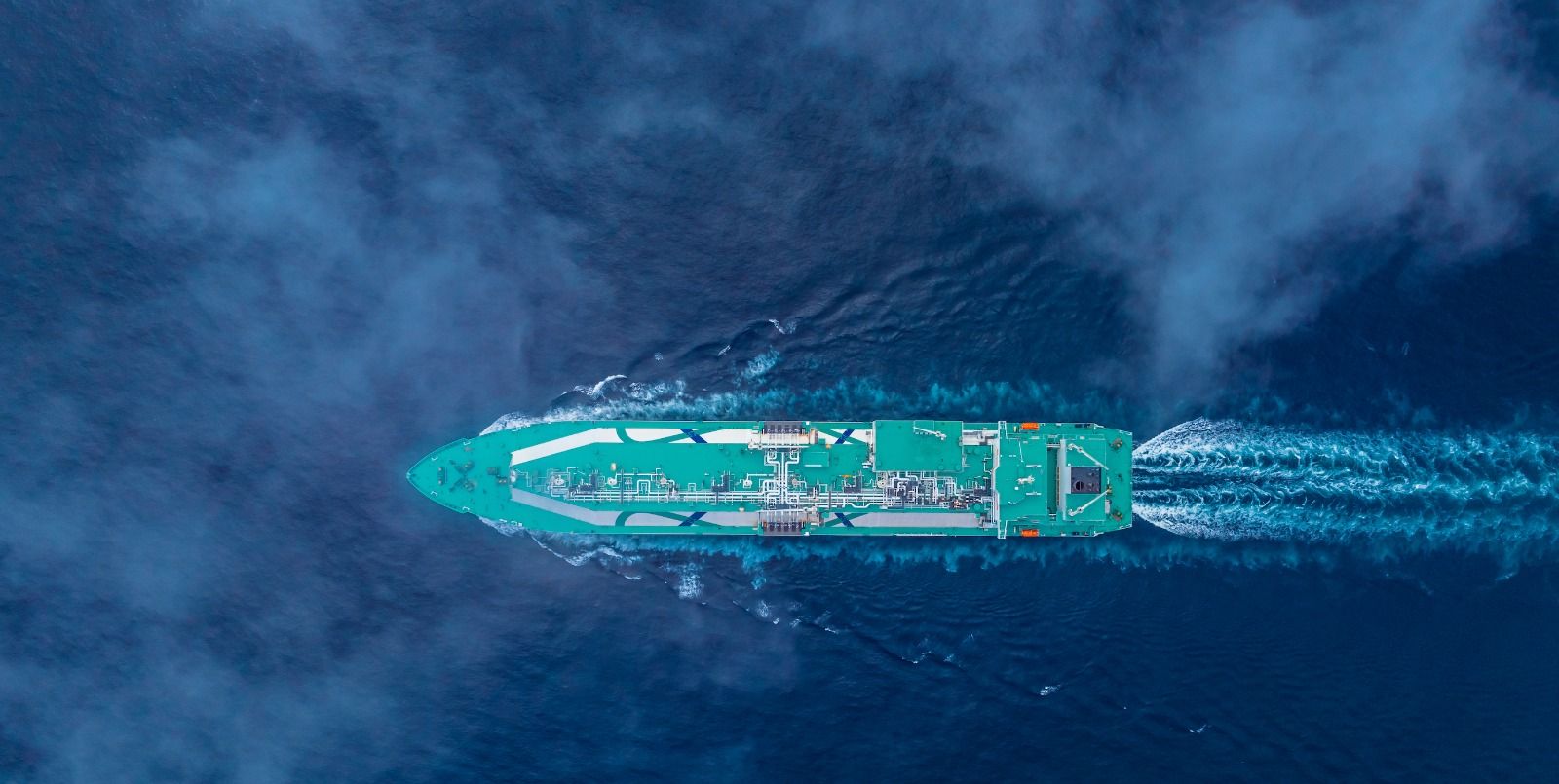Driving Decarbonization Through Intelligent Operations: The Role of Process Automation, AI, and Robotics at Oman LNG
The global liquefied natural gas (LNG) industry faces mounting pressure to reduce its carbon footprint while maintaining operational efficiency, safety, and competitiveness. Digital transformation driven by automation, artificial intelligence, and robotics has become a key enabler of decarbonization. OLNG has responded proactively through its Intelligent Operations (IOPS) initiative, a strategic program designed to modernize the plant’s digital and operational infrastructure.
IOPS is built on three core pillars: the deployment of smart devices, a robust plant-wide WiFi network, and the digitization of over 500 standardized electronic procedures. These elements form the foundation of a resilient, agile operational environment that enables OLNG to leverage real-time data and advanced technologies.
Smart devices integrated across the plant continuously monitor and control key process variables, enhancing decision-making and enabling rapid response to deviations. The scalable wireless infrastructure ensures seamless data flow between sensors, actuators, and control systems, supporting high bandwidth applications such as augmented reality (AR), remote inspections, and AI-driven analytics.
A major innovation within IOPS is the deployment of an autonomous mobile robot crawler for environmental monitoring. Equipped with hydrocarbon sensors and advanced navigation, the crawler autonomously patrols operational zones to detect gas leaks particularly methane, a potent greenhouse gas. It enhances safety by providing early detection in hazardous or hard-to-reach areas and transmits real-time data to centralized systems. This data feeds into AI models for predictive analytics, enabling trend detection, anomaly identification, and operational optimization.
AI plays a pivotal role in OLNG’s decarbonization strategy. Predictive maintenance algorithms reduce unplanned downtime and energy-intensive restarts. Advanced process control optimizes energy use across compressors, heat exchangers, and refrigeration cycles, directly lowering CO₂ and NOₓ emissions. AI-based forecasting tools also support proactive management of flaring and venting, further minimizing greenhouse gas emissions.
The digitization of operational procedures enhances efficiency, standardization, and compliance. Electronic workflows reduce manual intervention, lower the risk of human error, and ensure adherence to safety and environmental protocols. This digital foundation also accelerates the integration of emerging technologies, such as AI-assisted decision support and AR-enabled maintenance.
Importantly, the IOPS aligns with OLNG’s NetZero emissions goals. By optimizing energy consumption, reducing emissions, and enabling precise environmental monitoring. It supports OLNG’s commitment to sustainability and carbon footprint reduction. Through this initiative, OLNG not only strengthens its operational resilience but also reinforces its leadership in responsible energy production.




)
)
)
)
)
)
)
)
)
)
)
)
)
)
)
)
)
)
)
)
)
)
)
)
)
)
)